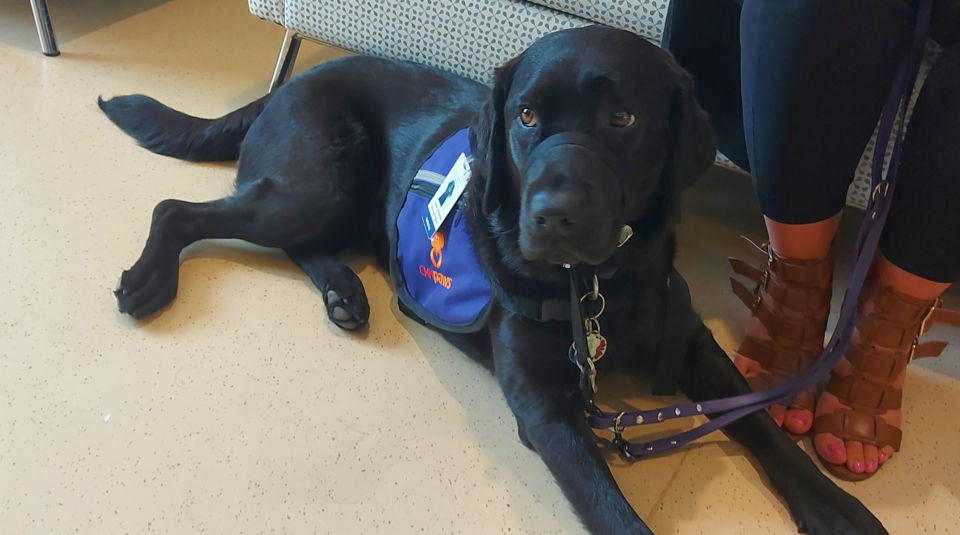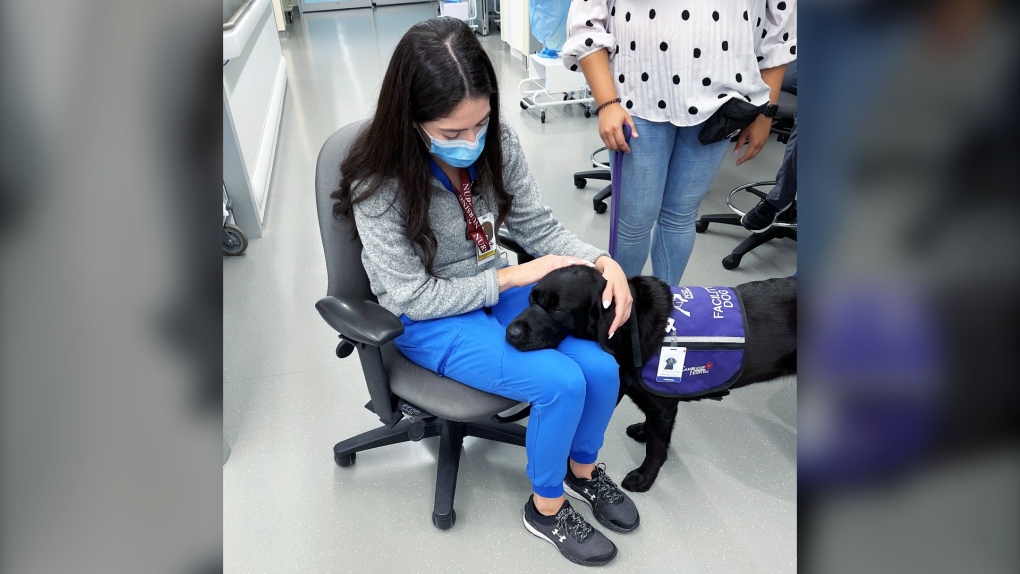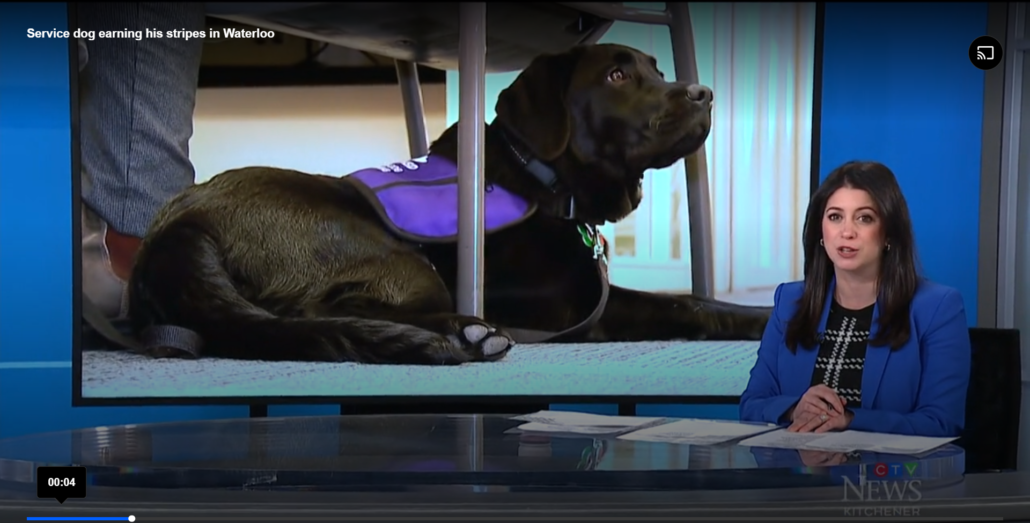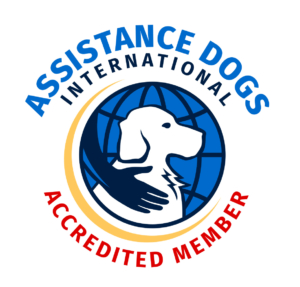Creating a cold weather safety plan for dogs is crucial to ensure their well-being during winter months. Here’s a comprehensive plan to keep your furry friend safe and comfortable in cold weather:
1. Understand Your Dog’s Breed and Limits: Different breeds have varying levels of tolerance to cold weather. Research your dog’s breed to understand their specific needs and limits in colder temperatures.
2. Regular Veterinary Check-ups: Schedule a check-up with your veterinarian before winter to ensure your dog is in good health and can handle the cold.
3. Provide Shelter: Dogs should be housed indoors where they can remain dry and warm, especially during extreme winter weather. While some dog breeds love the colder, snowy weather, they still need to have the option to come in out of the snow, wind and/or rain.
4. Limit Outdoor Exposure: Minimize outdoor time, especially during extreme cold weather. Shorten walks but maintain regular exercise indoors to keep your dog active.
5. Protective Clothing: For short-haired or smaller dogs, consider using dog sweaters or jackets to provide additional insulation. Ensure the clothing fits properly and doesn’t restrict movement.
6. Paw Care: Protect your dog’s paws from ice, snow, and salt by using pet-safe paw balms or booties. Check their paws for signs of irritation, and clean them after walks.
7. Proper Nutrition: Dogs burn more calories in colder weather to stay warm. Adjust their diet accordingly and provide high-quality, nutrient-dense food. Ensure access to fresh water at all times.
8. Grooming: Maintain your dog’s coat but avoid excessive trimming in the winter, as their fur provides insulation. Brush them regularly to remove snow, ice, and salt.
9. Car Safety: If traveling with your dog, ensure they are safely secured in the car, and never leave them unattended in a cold vehicle.
10. Emergency Kit: Create a winter emergency kit, including a first aid kit, extra blankets, and a heat source. Familiarize yourself with emergency vet contacts in case of unexpected situations.
11. Monitor for Signs of Cold Stress: Watch for signs of hypothermia, such as shivering, lethargy, and weakness. If you notice these symptoms, seek veterinary care immediately.
12. Training and Supervision: Train your dog to come inside when called and supervise them during outdoor activities to prevent them from getting into dangerous situations.
By following these guidelines, you can create a comprehensive cold weather safety plan for your dog and ensure they stay happy and healthy during the winter months.







